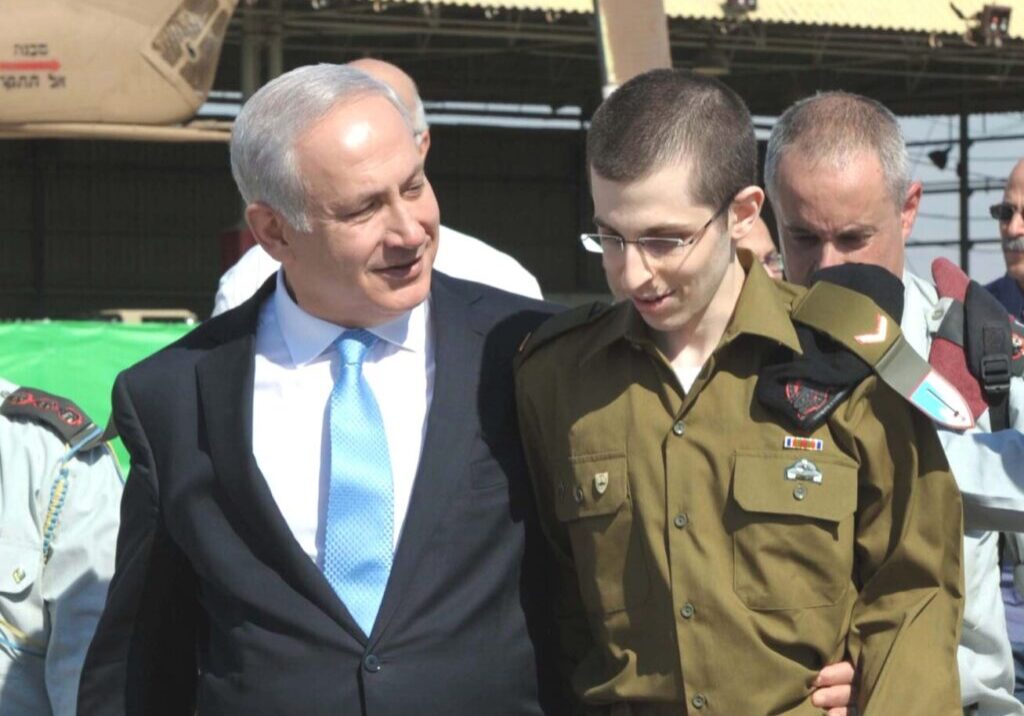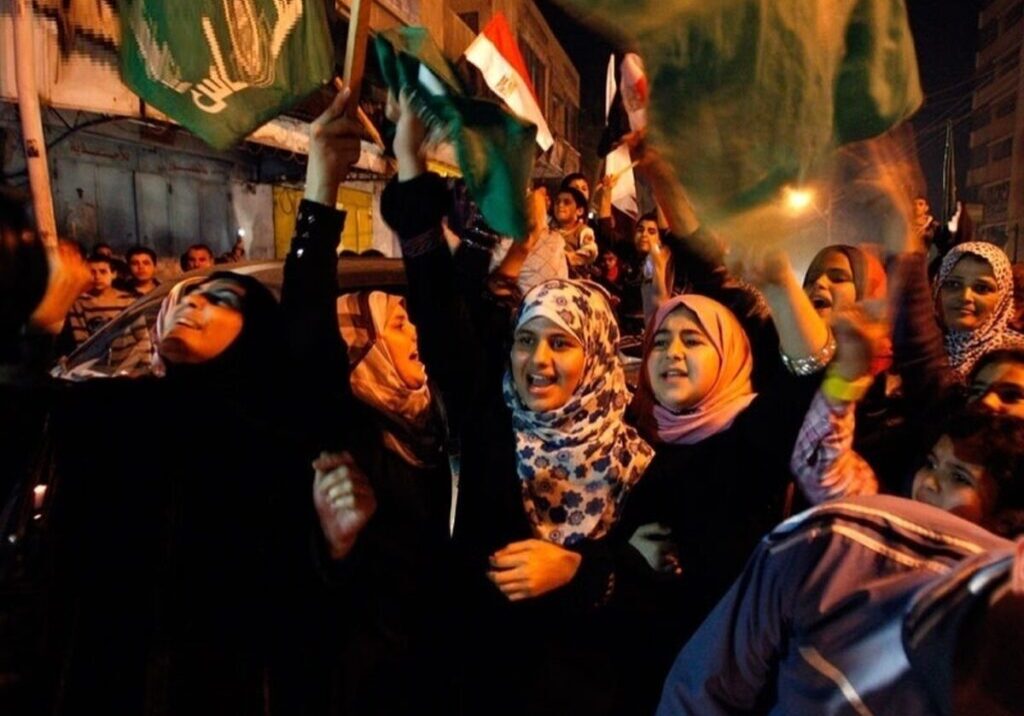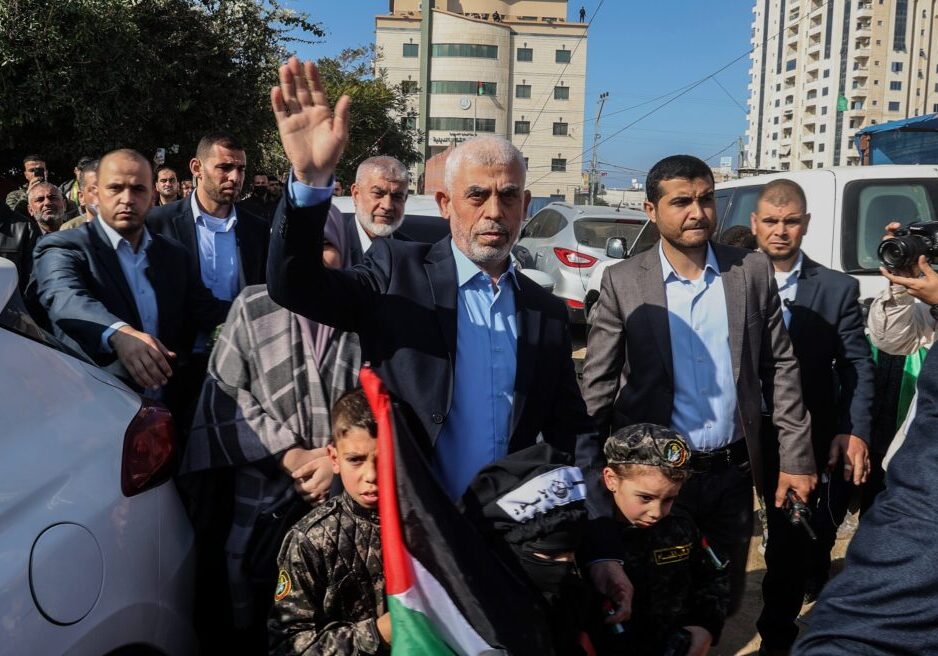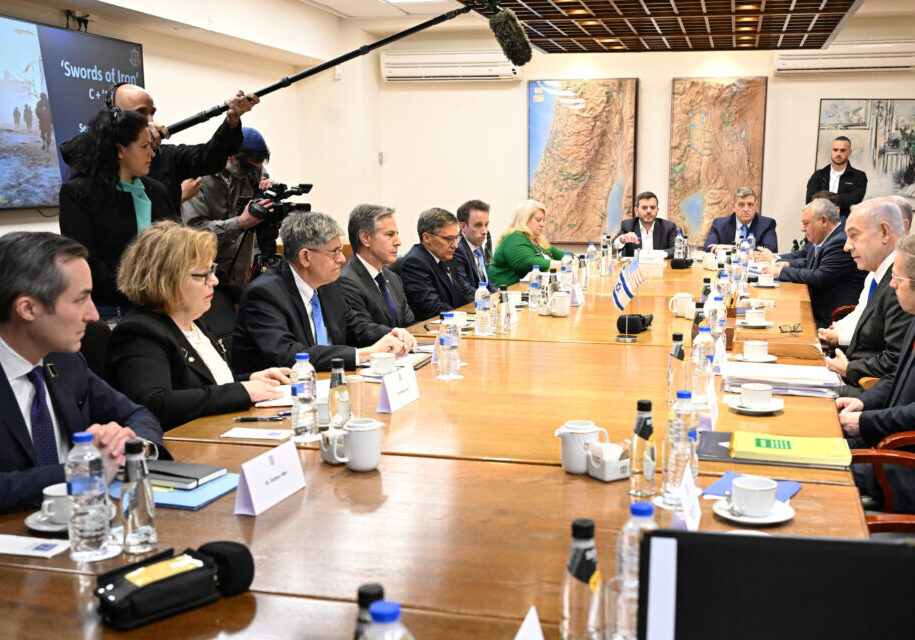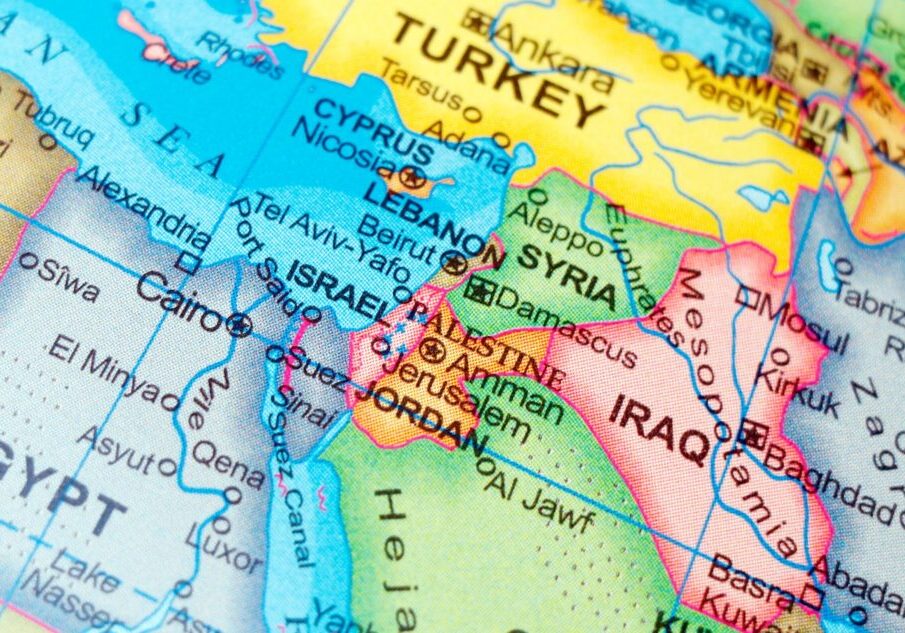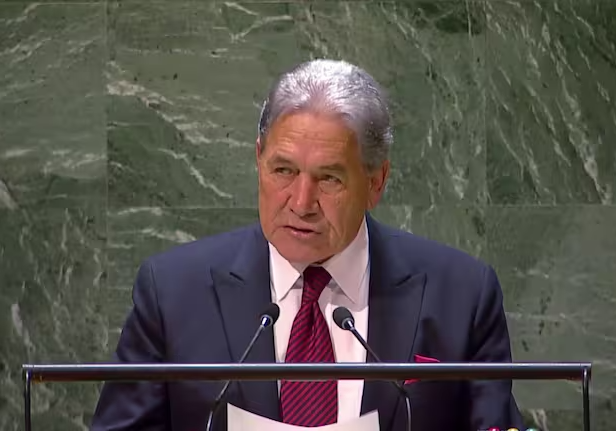Australia/Israel Review
AIR New Zealand: A hotbed of terrorism?
Nov 1, 2007 | Miriam Bell
![]()
Miriam Bell
A hotbed of terrorism?
Footage of black-clad, armed police kicking down the door of a Wellington flat posted on TV3’s website on the morning of Monday, October 15, was the first indication something strange was taking place in Aotearoa.
“Terrorist training camps unveiled”, screamed the national media just a short time later. “Police raids across the country lead to the arrest of seventeen potential terrorists”, the headlines continued. Police Commissioner Howard Broad assured the country that it was a genuine threat to public safety which had prompted the police to end a year-long surveillance operation and arrest those suspected of aspiring to terrorism.
It was exciting news, far better suited to rougher, tougher countries than nuclear-free New Zealand. Domestic media could barely believe its luck: home-grown terrorism presented fresh news and an escape from the endless rehashing of the All Blacks’ recent Rugby World Cup loss. Overseas media was also thrilled – and gave the story more coverage than most news to come from Down Under. Meanwhile, the bulk of the public was somewhat bemused. Surely, to paraphrase a classic Kiwi rock song, there is no terrorism in New Zealand?
While Commissioner Broad said he had ordered the raids “in circumstances which disclosed a serious threat to public safety”, widely diverse theories, rumours and opinions spread rapidly.
Many favoured the view that the raids were the result of the increased police and Security Intelligence Service (SIS) staffing and resources aimed at anti-terrorism since 2001, and that the police actions were over the top, unnecessary and intended to provoke a climate of fear and repression. Others wholeheartedly supported the police, and said they had been forced into action by the behaviour of the accused.
However, the facts are that over 100 police conducted several raids on the day in question. The raids, which were in response to the discovery of an alleged paramilitary training camp deep in the Urewera mountain ranges of the eastern Bay of Plenty, uncovered guns and ammunition. Search warrants, executed under the Summary Proceedings Act, allowed the police to search for evidence relating to potential breaches of the Terrorism Suppression Act and the Arms Act. Those arrested, who range from environmental and political activists (including pro-Palestinian activists) to Maori separatists, are currently facing firearms charges – although they may face terrorism charges at a later date.
Many politicians, from Prime Minister Helen Clark down, remained neutral while distancing themselves from the actions of the police. Clark said that, although she had been briefed ahead of the raids, she had no control over them as the police operated independently from government. “Clearly the police are going to be judged on what they put before a court and whether the charges stick,” she told TVNZ’s Breakfast program.
Both the Maori Party and the Green Party stated they were strongly opposed to the police raids. Although Maori Party co-leader Pita Sharples initially claimed the raids had put New Zealand race relations back 100 years, the following week he appeared more conciliatory. All complaints of terrorism have to be investigated thoroughly, he now says, but that should not involve dragging innocent bystanders (particularly children) into police raids.
In the time since the initial raids, everyone in the public eye – from politicians to journalists, from protestors to “social commentators” – has had a field day. It could, in fact, be argued that the police have succeeded in making more people happy than they have in years. Politicians and media types have been given something other than taxes and polls to talk about, while the usual rent-a-crowd of protestors, who enjoy preaching their view that New Zealand is a police state focused on depriving its citizens of their natural rights, have been handed their most exciting issue since the Ahmed Zaoui saga.
But what is the reality of the situation? Has peaceful ole’ New Zealand suddenly become a hotbed of terrorism? Or has the country’s police force simply gone mad and decided to abuse its powers, thus evoking the long-ago tragedy of Tuhoe prophet Rua Kenana and creating the “Urewera 17”?
Well, as media commentator Russell Brown said, “Various people were quick to bemoan the crushing of their civil rights, to (for goodness sake) compare the raids to activities at Guantanamo Bay and, even in the sane and sensible Public Address forums, allege sweeping state conspiracies without a shred of evidence.”
Brown’s view is that there seems to be have been enough evidence to warrant some form of police intervention, and that the police have, by and large, played it by the book. He has said he does not know whether those arrested would ever really have done what they were alleged to be planning, but that there is evidence (on various internet sites, for example) that some seemed to countenance armed resistance, at least in theory.
Another media figure, left-leaning TV personality Martyn “Bomber” Bradbury, also sided with the police, saying that in his dealings with the activist community he had become concerned about the actions of “some clowns”. In his blog, Bradbury said that, if the allegations as he understands them are true, this country is about to get extremely angry. “Though I don’t believe for one moment what will be revealed is anything more than stupid arrogant boasts… middle New Zealand will recoil in horror.”
My own views are similar to those voiced by Brown and Bradbury: A bizarre grouping of self-styled “activists”, who apparently have nothing better to do, have been up to something involving illegal weapons. It seems to me that many of them probably have made self-inflated, boastful and, probably, deluded threats. Would they have actually had the strategic ability and gall to carry out their alleged terrorist threats? It seems unlikely. But on the other hand, could the police take that chance?
Tags: New Zealand

